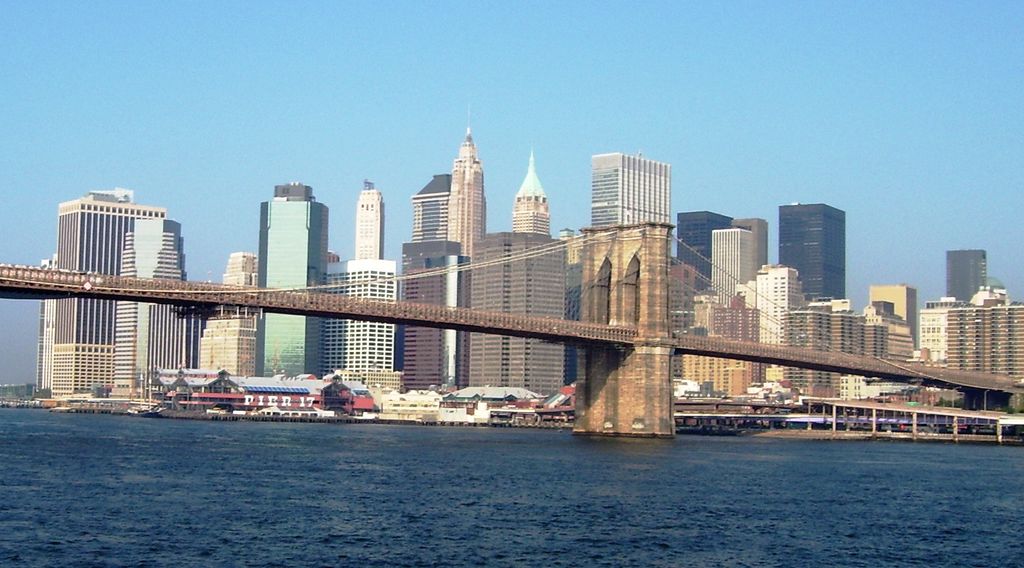Financial hurdles are a common challenge in bridge building contracts, requiring careful planning and strategic management to ensure successful project completion. In this article, we will explore the various financial risks associated with bridge construction projects and discuss key strategies for maintaining financial stability.
Key Takeaways
- Identify potential cost overruns early to prevent budget discrepancies.
- Establish clear payment schedules to avoid delays and maintain project momentum.
- Negotiate contract terms that provide flexibility and protection against financial risks.
- Secure diverse funding sources to mitigate financial uncertainties.
- Implement robust cash flow management practices to ensure consistent project funding.
Understanding Financial Risks in Bridge Building Contracts
Identifying Cost Overruns
Cost overruns can derail even the most meticulously planned bridge building contracts. Early detection is crucial to prevent budget blowouts. Key factors contributing to overruns include:
- Unanticipated site conditions
- Changes in project scope
- Market volatility affecting material costs
- Labor shortages or disputes
To manage these risks, thorough due diligence before contract signing is imperative. A contingency plan should be in place to address potential financial discrepancies.
Effective cost control measures and regular financial reviews ensure that overruns are identified and managed promptly.
By maintaining a transparent line of communication with all stakeholders, unexpected costs can be mitigated before they escalate.
Mitigating Payment Delays
To maintain the financial integrity of bridge building projects, it’s crucial to mitigate payment delays. These delays can derail project timelines and inflate costs.
Communication is key. Establish clear payment terms with stakeholders and maintain regular updates. This ensures everyone is on the same page and can act swiftly if issues arise.
Timely payments are the lifeblood of construction projects. Proactive measures protect against cash flow disruptions.
Consider the following strategies:
- Implementing a staggered payment system to align with project milestones.
- Utilizing escrow accounts to secure funds in advance.
- Enforcing penalties for late payments as a deterrent.
Each measure serves to safeguard the project’s financial health and keep the construction on track.
Negotiating Contract Terms
Negotiating contract terms is pivotal in managing financial risks. Clear terms set expectations and responsibilities, reducing the potential for disputes. Ensure that milestones are well-defined and linked to payment schedules.
- Establish clear deliverables
- Define payment timelines
- Include clauses for cost escalation
Effective negotiation protects all parties involved. It’s about finding a balance that mitigates financial risks while fostering a cooperative relationship.
Remember, the goal is to create a contract that is fair, transparent, and enforceable. A well-negotiated contract is your best defense against financial hurdles.
Ensuring Financial Stability in Bridge Construction Projects
Securing Funding Sources
Bridge construction projects are capital-intensive endeavors. Diverse funding sources are crucial to ensure financial fluidity and project continuity.
- Public funds: often the backbone of infrastructure financing.
- Private investments: can provide additional capital and expertise.
- Public-private partnerships (PPPs): blend resources and risks for mutual benefits.
Flexibility in funding is key to adapting to market changes and cost variations. It’s essential to establish a robust financial foundation that can withstand the ebbs and flows of long-term construction timelines.
Ensuring a mix of funding sources not only diversifies risk but also enhances the potential for innovative financing solutions.
Managing Cash Flow
Effective cash flow management is the lifeblood of any bridge construction project. Maintain a steady stream of capital to ensure that operations run smoothly and deadlines are met.
Forecasting is crucial; anticipate financial needs and align them with project milestones. A well-structured financial plan prevents bottlenecks and sustains momentum.
- Regularly review expenditures
- Adjust budgets in real-time
- Prioritize payments to critical suppliers
Cash reserves are a buffer against unpredictability. They provide the flexibility to navigate through rough patches without derailing the project.
Timely invoicing and assertive collection practices are non-negotiable. They secure the inflow of funds necessary to cover ongoing costs and invest in future growth.
Addressing Unforeseen Expenses
Unforeseen expenses in bridge construction can quickly derail a project’s financial stability. Effective risk management is crucial to anticipate and mitigate these unexpected costs.
Contingency funds should be allocated as a safety net for such scenarios. It’s not just about having a buffer, but also about knowing when and how to use it.
- Review project scope regularly
- Adjust contingency plans accordingly
- Communicate with stakeholders
Proactive measures are better than reactive ones. Regularly revisiting the financial plan allows for timely adjustments, ensuring that unforeseen expenses don’t become insurmountable obstacles.
Frequently Asked Questions
What are the common causes of cost overruns in bridge building contracts?
Common causes of cost overruns in bridge building contracts include unexpected site conditions, design changes, and material price fluctuations.
How can payment delays be mitigated in bridge construction projects?
Payment delays can be mitigated by setting clear payment terms in the contract, monitoring progress closely, and addressing any issues promptly.
What are some key contract terms that can help in negotiating better financial outcomes?
Key contract terms that can help in negotiating better financial outcomes include milestone payments, penalty clauses for delays, and dispute resolution mechanisms.
What are the typical sources of funding for bridge construction projects?
Typical sources of funding for bridge construction projects include government grants, loans from financial institutions, and private investments.
How can cash flow be effectively managed in bridge construction projects?
Cash flow can be effectively managed by creating detailed budgets, monitoring expenses regularly, and optimizing payment schedules.
How should unforeseen expenses be addressed in bridge construction projects?
Unforeseen expenses in bridge construction projects should be addressed by maintaining contingency funds, seeking approval for budget adjustments, and revising project timelines if necessary.





